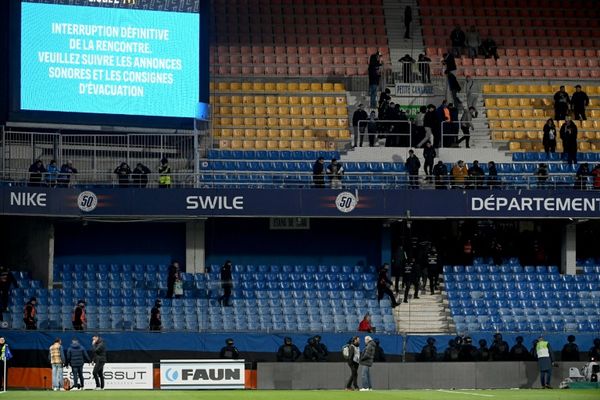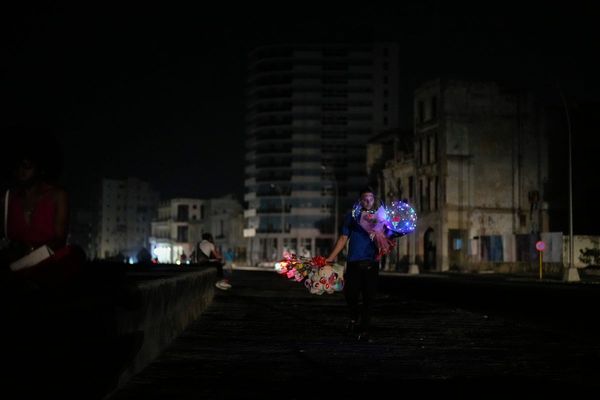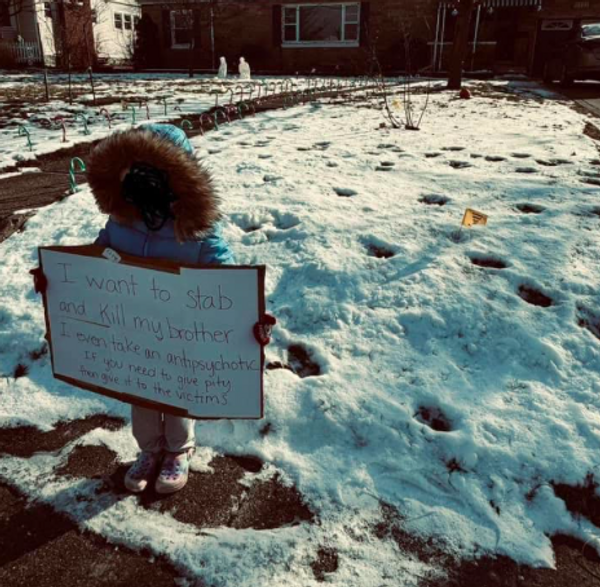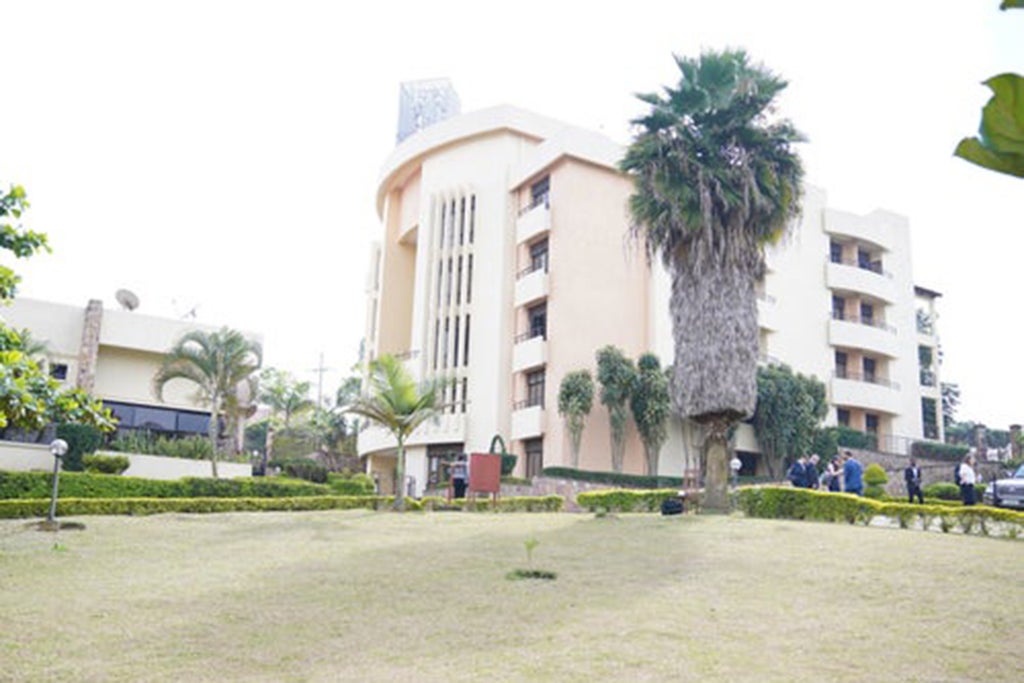
Adults orphaned by the 1994 Rwandan genocide have reportedly been told to leave a hostel they lived in for years to allow asylum seekers in the UK to stay in their place.
Earlier this week, PM Boris Johnson and home secretary Priti Patel revealed a £120 million plan whereby asylum seekers will be sent to Rwandan capital Kigali to live while their applications are processed.
But when Ms Patel detailed her plan at a press conference, there was no mention made of 22 survivors of the genocide who have allegedly been told that they will soon be turfed out of Hope House hostel.
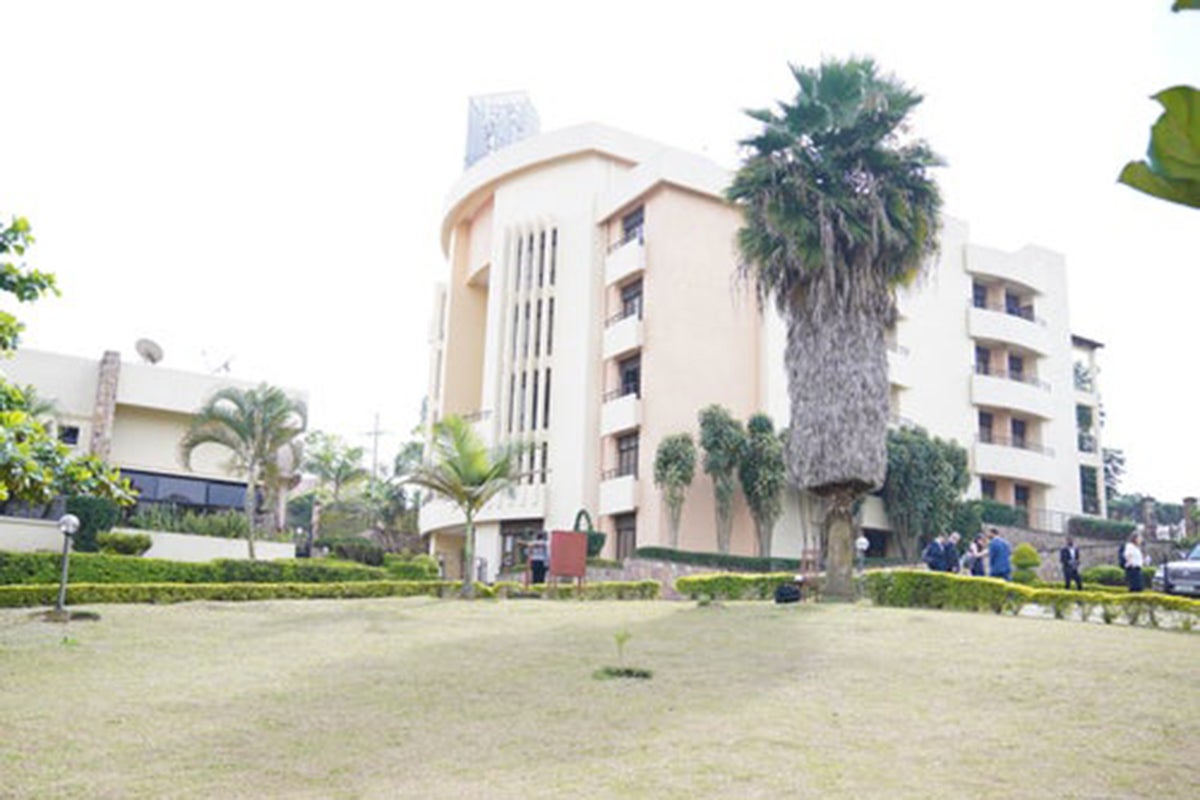
Some said that they don’t know where next they will go after being issued eviction notices, according to a report by the Sunday Mirror.
One woman who has lived at the shelter for eight years told the newspaper: “I barely know any other home. I was only told about moving out a few days ago. I have not figured out where I will go.”
One of the orphans include a woman born weeks before her parents were killed in the conflict that saw up to 800,000 Tutsis slaughtered, the newspaper reported.
Opposition parties criticised the plan to evict the vulnerable orphans, who are now in their late 20s.
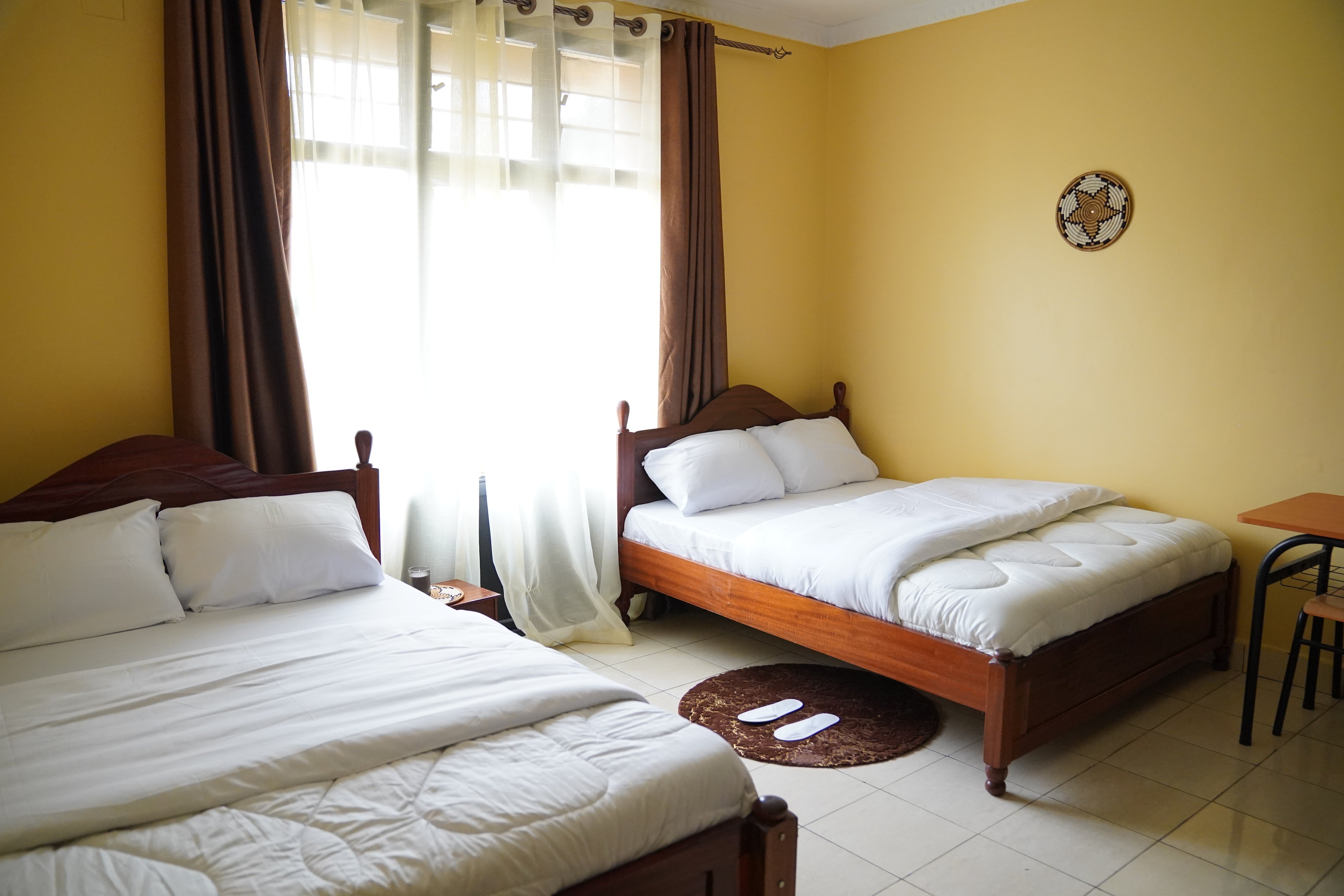
Shadow home secretary Yvette Cooper said: “Revelations about Hope House are the latest problem showing why civil servants could not endorse the plan. Incompetence and waste are hallmarks of this government. Britain deserves better than this chaos.”
Alistair Carmichael, Lib Dem MP and the party’s home affairs spokesman, said the eviction moves were “cruel and heartless”.
He said: “The proposal was shocking enough but to now be evicting Rwandans is appalling.
“Instead of opening safe and legal routes for asylum seekers, Boris Johnson and Priti Patel have reverted to cruel, heartless tactics.”
But the reported evictions were dismissed as “fake news” by a Rwandan government spokeswoman.
Yolande Makolo also tweeted: “The Genocide against the Tutsi ended 28 years ago. This hostel has been almost empty for the last five years, the last few remaining tenants are graduating and being facilitated to move to a new life.”
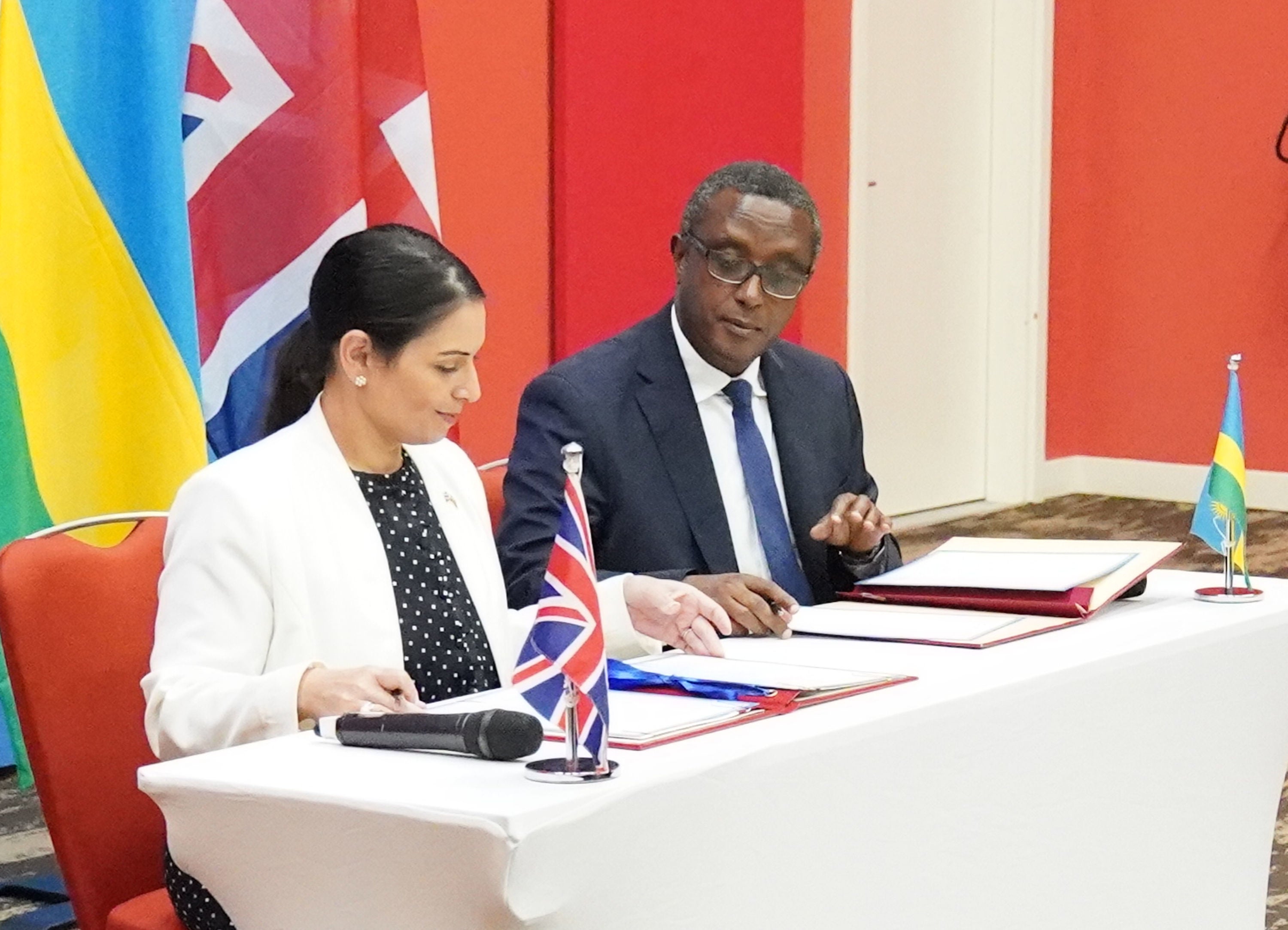
The Independent contacted the Home Office for comment.
It said Hope Hostel was originally built to accommodate student survivors of genocide but is no longer used for these purposes. The “small number of people” remaining are “in the process of graduation from university and college”, and will “become eligible for monthly living allowances ... until they find employment.”
A Home Office spokesperson said: “Rwanda is a fundamentally safe and secure country with a track record of supporting asylum seekers, including working with the UN Refugee Agency which said the country has a safe and protective environment for refugees.
“This world-leading Migration Partnership will overhaul the UK's broken asylum system. It means those arriving dangerously, illegally or unnecessarily into the UK can be relocated to have their claims for asylum considered and, if recognised as refugees, to build their lives there.
“Under this agreement, Rwanda will process claims in accordance with the UN Refugee Convention, national and international human rights laws, and will ensure their protection from inhuman and degrading treatment or being returned to the place they originally fled.
“There is nothing in the UN Refugee Convention which prevents removal to a safe country.”
